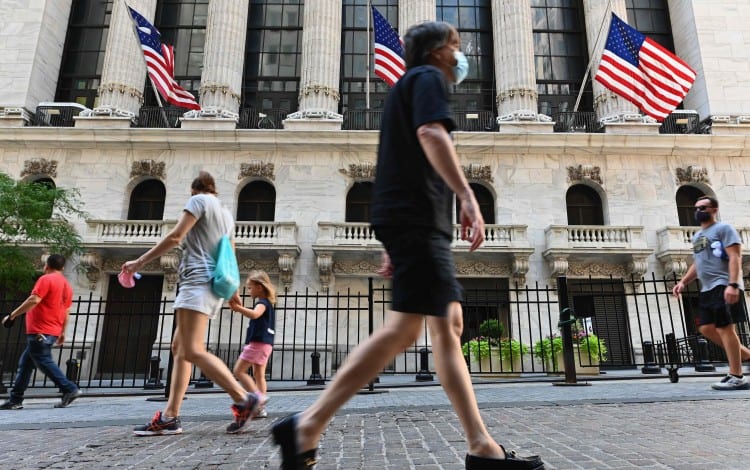
After the collapse of Silicon Valley Bank, Signature Bank, and First Republic Bank, two U.S. Senators are leading a bipartisan effort to revamp the Federal Reserve.
Democratic Senator Elizabeth Warren (D-Mass.) and Rick Scott (R-Fla.), who normally are ideologically opposed on major public policy issues, are joining forces to create an equal playing field at the Fed and clear the way for more transparency at the agency.
DON'T MISS: What Happened To Silicon Valley Bank?
Via her Twitter account, Sen. Warren says she’s “introducing a bipartisan bill to prohibit large bank executives from serving on the Federal Reserve’s Board of Directors and make the Fed more transparent. Congress needs to act to eliminate conflicts of interest and strengthen accountability at the Fed.”
In an announcement on her U.S Senate website, Warren says more transparency is the key to curbing the rising number of U.S. bank failures and eliminating the “gross mismanagement” exhibited by the Federal Reserve during the March banking crisis involving SVB and Signature Bank.
“The recent bank collapses and regulatory failures by the Fed have underscored the urgent need for a truly independent Inspector General to hold Fed officials accountable for any lapses or wrongdoing,” Warren stated.
Scott Is on Warren's Side
Scott agrees with that assessment and says the time is now to rein in the Federal Reserve and hold it accountable for its “lacking” regulatory oversight role.
“After the Federal Reserve’s failure to properly identify and prevent the shocking failures of Silicon Valley Bank and Signature Bank, it’s clear we can’t wait any longer for a big change at the Fed,” Scott noted. “It’s outrageous that the Federal Reserve, the world’s largest and most powerful central bank, does not have a truly independent Inspector General to investigate it – an independent authority to fight for the transparency and accountability our citizens need.”
The Warren-Scott Senate legislation aims to fix that problem by establishing a presidentially-appointed, Senate-confirmed inspector general at the Fed, just like every other major government agency has already established.
“Consumers and American families must not bear the brunt of the failures of gross mismanagement and greed at their banks or the incompetence and misdeeds of the government regulators who are there to protect them,” Scott added. "This is common sense and should have the bipartisan support of our colleagues so that it can quickly pass and become law.”
Criticism of the Fed Is Growing
The call to legislatively rein in the Fed comes at a time when the economic policy-making agency is taking political flak from both sides of the aisle.
On May 16 at a U.S. Senate hearing Democrats had, Republicans lashed out at former executives from Silicon Valley Bank and Signature Bank over their roles in the bank failures last March.
“You were paying out bonuses until literally hours before regulators seized your assets,” said Sen. Sherrod Brown (D-Ohio), chairman of the Senate Banking Committee. “Workers face consequences, executives ride off into the sunset. Only in corporate boardrooms can you run your business into the ground, take the whole economy along with you and come out ahead.”
On the other side of the aisle, Scott torched the banking executives, noting the banks’ leaders were more “focused on chasing profitability than stability. . . . That sounds like greed.”
As for the Warren-Scott legislation, public policy experts say not to expect big changes at the Federal Reserve right away.
There’s a “low probability for legislation this year,” said Kim Wallace, a former U.S. Treasury official in an interview with Marketwatch. “Absent legislation, it’s very difficult to imagine that the heat the Fed may be feeling now actually gains traction and is a follow-on to making statutory changes.”
“But the process of scrutiny can certainly affect people’s behavior and internal systems, and my expectation is we’ll see a lot of that,” Wallace noted.
Sign up for Real Money Pro to learn the ins and outs of the trading floor from Doug Kass’s Daily Diary.







